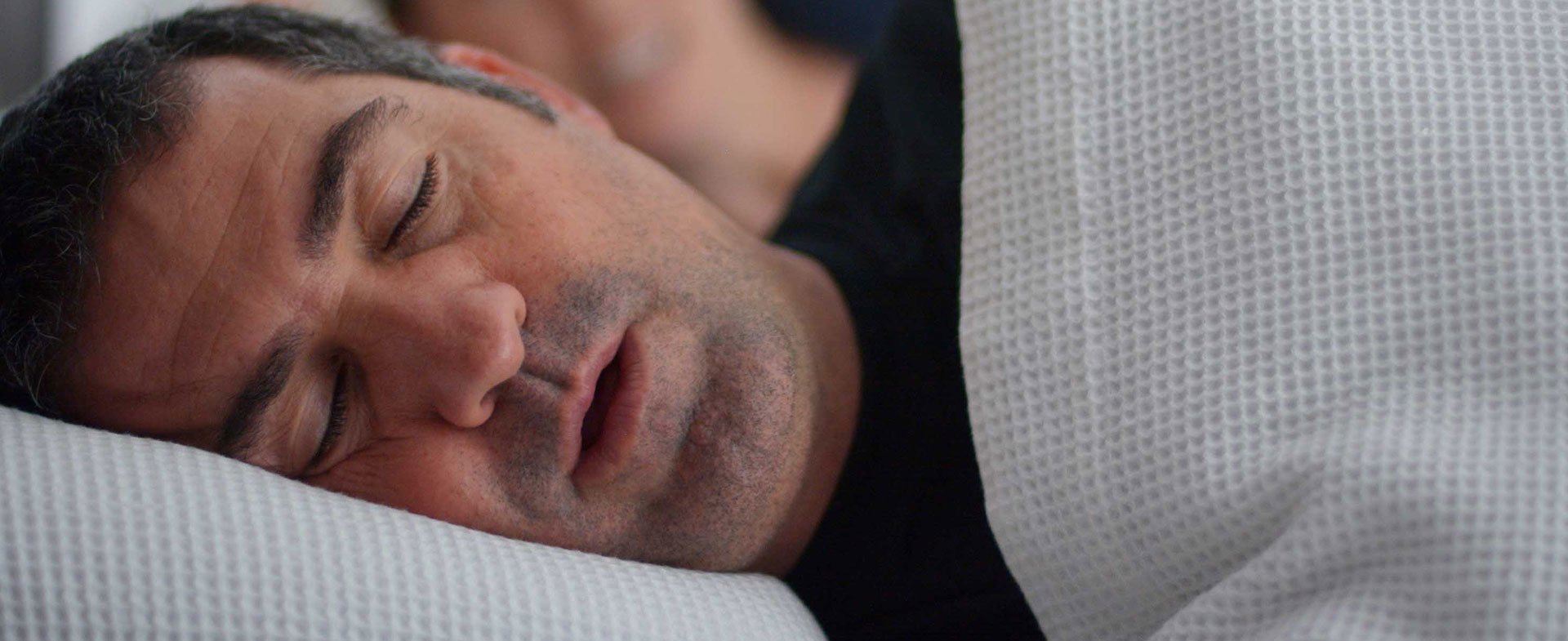Many issues can make it difficult to breathe through your nose -- a bad cold, allergies and even a crooked nose.
The nasal septum is a bone and cartilage structure inside the nose that separates the nostrils. When it is crooked - or deviated - it can cause a host of issues, the most prevalent being obstruction of air flow through the nostrils.
If you suffer from a deviated septum, you aren’t alone. In fact, according to the American Academy of Otolaryngology-Head & Neck Surgery, it’s estimated that 80% of all nasal septums are deviated, though most do not require any treatment.
Q: What causes a deviated septum?
A: “The most common reason for a deviated septum is being born with it,” explains John Craig, M.D., an ear, nose and throat (ENT) physician who specializes in rhinology (the care and treatment of the sinuses and nasal cavities). It can also occur after trauma to the nose from an accidental injury or from prior nasal surgeries.
Q: Does a deviated septum cause any symptoms?
A: Yes – and no, says Dr. Craig. Having difficulty breathing through one or both nostrils is the primary symptom. Other symptoms can include nosebleeds or, in some cases, a change in the someone's external nasal appearance. It can also contribute to excessive snoring and difficulty sleeping, especially for those with sleep apnea. But depending on the location and deviation of your septum, you could have no issues at all.

“Most deviated septums are found on the inside of the nose, so your nose could look straight on the outside, yet you have trouble breathing because of it,” Dr. Craig says. “On the other hand, you could have a crooked nose on the outside and yet the septum inside is straight and you have no issues.”
Consulting with your ENT doctor is the best way to determine whether your septum is deviated, the location of your septal deviation, and what (if any) treatment is appropriate.
Q: My septum is deviated. Now what?
A: Having a deviated septum doesn't necessarily mean you need treatment – especially if you aren’t experiencing symptoms or discomfort.
If it is affecting your breathing or sleep, however, there are numerous non-invasive treatment options, including nasal steroid or saline sprays or breathe-right strips. If your symptoms don’t improve, a septoplasty (surgery to straighten the septum) may be a good option.
If your deviated septum alters the appearance of your nose, your doctor may refer you to a facial plastic surgeon for a rhinoplasty (surgery to reshape the nose). This procedure adjusts the shape and size of your nose to fit with your facial structure and can improve your ability to breathe.
If a deviated septum isn’t the cause of your nasal symptoms, you could be experiencing another condition, such as allergies or sinusitis. Sometimes even medications or herbal supplements you're taking could be the culprit.
The bottom line: If you’re having trouble breathing through your nose, ask your doctor if you should see an ENT doctor or subspecialty trained rhinologist. You want the most thorough evaluation possible to determine the most effective way to improve your quality of life.
Reviewed by Dr. John Craig, Division Chief of Rhinology in the Henry Ford Department of Otolaryngology and co-director of the Pituitary, Skull Base and Endoscopy Center in conjunction with the Henry Ford Department of Neurosurgery. He sees patients at Henry Ford Medical Center – Fairlane and Henry Ford West Bloomfield Hospital.



